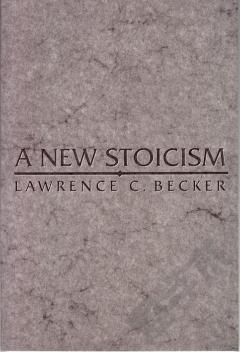A New Era of Thought
Of Kant's work it is only his doctrine of space which is here experimented upon. With Kant the perception of things as being in space is not treated as it seems so obvious to do. We should naturally say that there is space, and there are things in it. From a comparison of those properties which are common to all things we obtain the properties of space. But Kant says that this property of being in space is not so much a quality of any definable objects, as the means by which we obtain an apprehension of definable objects — it is the condition of our mental work. Now as Kant's doctrine is usually commented on, the negative side is brought into prominence, the positive side is neglected. It is generally said that the mind cannot perceive things in themselves, but can only apprehend them subject to space conditions. And in this way the space conditions are as it were considered somewhat in the light Of hindrances, whereby we are prevented from seeing what the objects in themselves truly are. But if we take the statement simply as it is — that we apprehend by means of space — then it is equally allowable to consider our Space sense as a positive means by' which the mind grasps its experience. There is in so many books in which the subject is treated a certain air of despondency — as if this space apprehension were a kind of veil which shut us Off from nature. But there is no need to adopt this feeling. The first postulate of this book is a full recognition Of the fact, that it is by means of space that we apprehend what is. Space is the instrument of the mind.
{{comment.content}}








 京公网安备 11010802027623号
京公网安备 11010802027623号